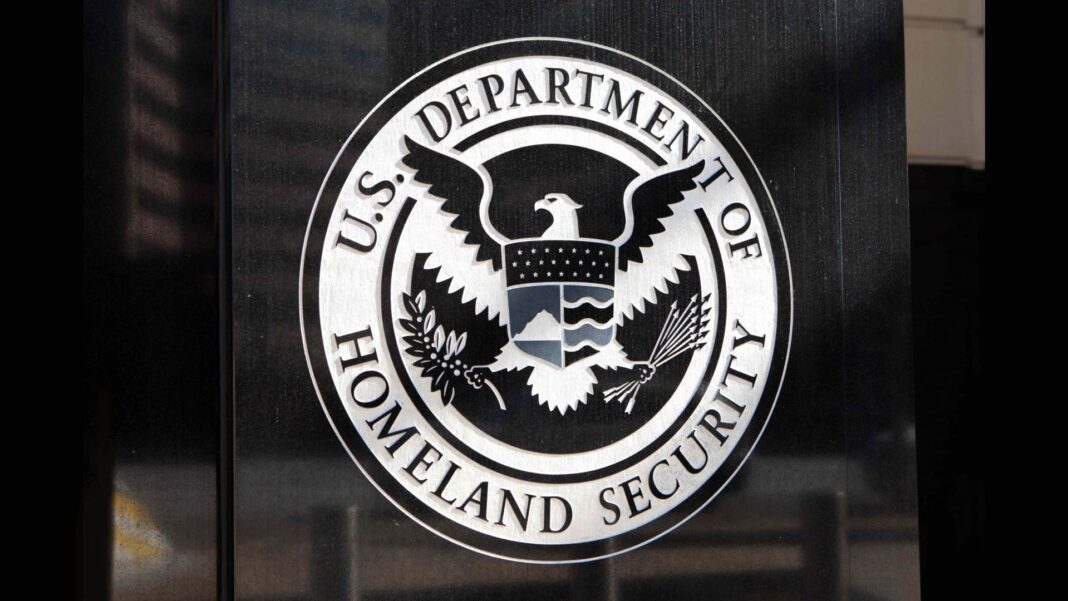The Biden administration on Tuesday unveiled a new rule that constitutes its most extensive attempt to date at restricting illegal immigrants who cross the border to seek asylum in the United States.
Migrants who enter the United States illegally, or who fail to seek protection in countries they pass through en route to the United States, would automatically be considered ineligible for asylum, unless they qualify for certain exceptions, according to the new rule published on Feb. 21 on the Department of Homeland Security (DHS) website.
The policy is much more restrictive than current laws, which allow people claiming persecution in their home country to apply for asylum in the United States, regardless of how they entered.
“These steps are being taken in response to the unprecedented western hemispheric migration challenges—the greatest displacement of people since World War II—and the absence of congressional action to update a very broken, outdated immigration system,” the DHS said in a statement.
The DHS called the new rule an “emergency measure” intended to prevent a further surge in illegal immigration when Title 42 is expected to expire on May 11. Title 42 is a Trump-era COVID-19 response policy that allowed expedited expulsion of illegal immigrants.
After a 30-day public comment period, the new rule would be in effect for a period of two years.
“As we have seen time and time again, individuals who are provided a safe, orderly, and lawful path to the United States are less likely to risk their lives traversing thousands of miles in the hands of ruthless smugglers, only to arrive at our southern border and face the legal consequences of unlawful entry,” Secretary of Homeland Security Alejandro Mayorkas said in a statement on Feb. 21.
Attorney General Merrick Garland said in a statement that the proposed rule “will establish temporary rules concerning asylum eligibility in those proceedings when the Title 42 order is lifted.”
The Department of Justice (DOJ) is responsible for overseeing U.S. immigration courts and “ensuring that claims are adjudicated expeditiously, fairly, and consistent with due process,” he added.
By Gary Bai







